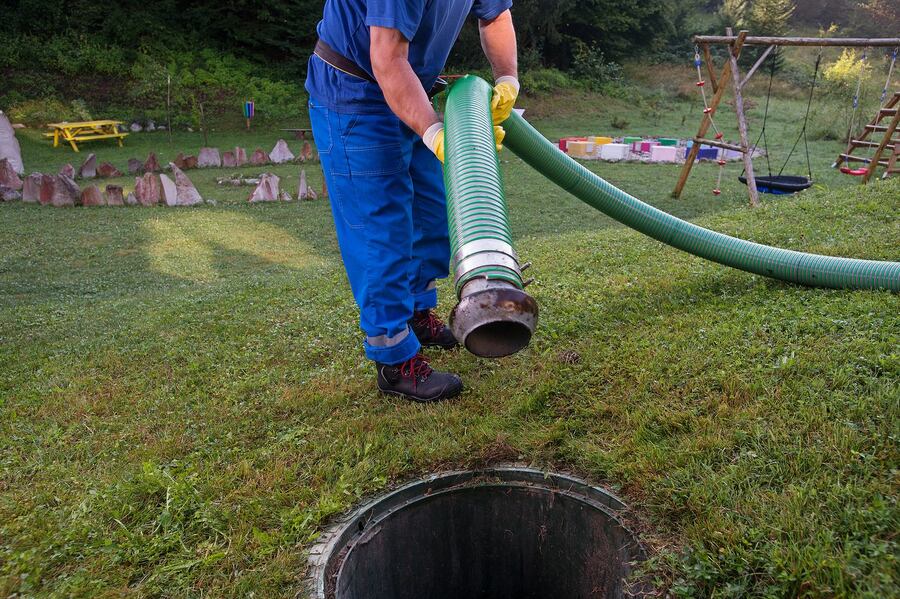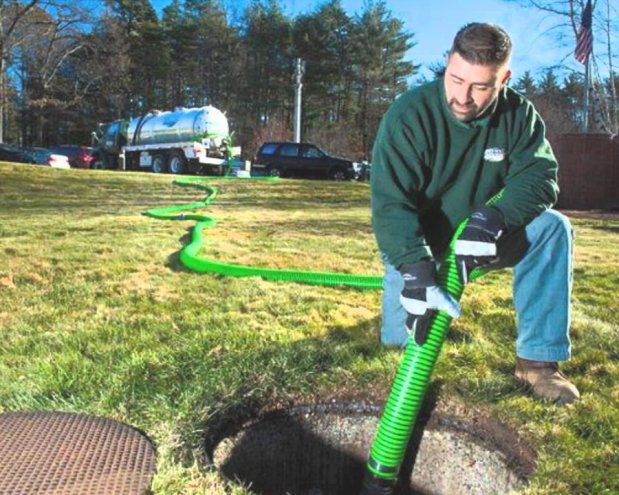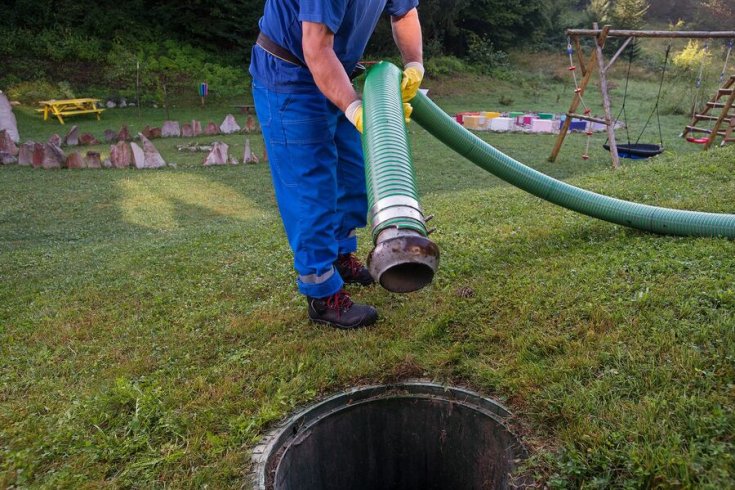
17
In the realm of home maintenance, few elements are as crucial to daily life yet often overlooked as the septic system. Responsible for managing household wastewater, septic tanks require regular attention to avoid common issues that can disrupt the delicate balance beneath the surface. This article delves into prevalent septic system problems and outlines preventive measures homeowners can take to ensure a smoothly functioning septic system.
One of the primary responsibilities of septic system maintenance is regular septic tank pumping. Over time, solid waste accumulates at the bottom of the tank, reducing its capacity and potentially causing backups into the home. Hiring a reputable septic company for routine pumping is essential to prevent these issues. Professionals recommend pumping every 3-5 years, but frequency may vary based on factors such as household size and water usage.
Septic tanks are susceptible to wear and tear, and issues can arise that necessitate prompt repair. Common problems include cracks, leaks, and damaged baffles. When left unaddressed, these issues can lead to environmental contamination and compromise the efficiency of the system. Homeowners should be vigilant for signs such as foul odors, soggy ground around the tank, or slow drains, and promptly contact a qualified septic company for expert diagnosis and repair.
When building a new home or replacing an old septic system, proper septic tank installation is crucial. An incorrectly installed tank may not function optimally, leading to a host of issues down the line. It's essential to enlist the services of experienced professionals who understand local regulations and can ensure the tank is appropriately sized for the household's needs. Quality installation can prevent future headaches and prolong the lifespan of the septic system.
Regular septic tank cleaning is vital for maintaining a healthy balance of bacteria in the tank. The accumulation of sludge and scum can disrupt the natural breakdown of waste, leading to clogs and backups. Homeowners can schedule routine septic tank cleanings with Charlotte Septic Pros to remove accumulated solids and ensure the system operates efficiently. This approach helps prevent costly repairs and extends the life of the septic system.
By understanding common septic system issues and implementing preventive measures, homeowners in any location can ensure the longevity and functionality of their septic systems. Partnering with a septic company for professional maintenance and guidance ensures peace of mind and a resilient septic system for years to come.

05
Are Slow Drains a Septic Issue or Just a Clog? Slow drains are one of those household problems that start…
Read more
02
What Septic Service Techs See That Homeowners Miss Most homeowners only think about their septic system when something goes wrong.…
Read more
21
Simple Habits That Protect Your Septic System A well-functioning septic system does its job quietly, but the moment something goes…
Read more
14
Pump Now or Pay Later: The Real Cost of Skipping Maintenance A properly functioning septic system is easy to forget…
Read more
11
Why Your Septic System Always Acts Up at the Worst Time Homeowners often feel that septic problems strike at the…
Read more
04
Early Warning Signs Your Septic Tank Needs Pumping For homeowners who rely on a septic system, routine maintenance is not…
Read more
29
Why Does My Septic System Smell Fine One Day and Terrible the Next? If you own a home with a…
Read more
19
Is Your Septic System Overdue? Simple Home Checks You Can Do Today For many homeowners, the septic system is a…
Read more
13
5 Signs Your Septic Tank Is Overdue for Pumping Your septic system works quietly behind the scenes, managing wastewater from…
Read more
07
Do Septic Additives Really Work? Septic additives are everywhere. You’ll see them at hardware stores, advertised online, and often recommended…
Read more